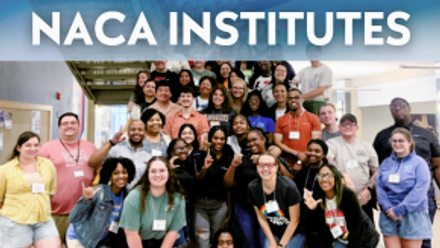A Descriptive Study of Student Involvement in First-Generation-Z Students at a Public Midwestern University - JCAPS Vol. 2 Issue 2
American postsecondary institutions engage in what Frederick, Sasso, & Barrat (2015) described as the fundamental attribution error of higher education. Many in higher education institutions (HEIs) might assume that all students seamlessly matriculate through a P-16 pipeline in which all students begin college at equal levels. Pre-college inequalities, particularly among first-generation students, often leave HEI stymied for approaches to engage these students. The numbers of first-generation students continue to rise, while this population becomes increasingly diverse, particularly as a new student generation styled as Generation- Z has emerged on college campuses. This single-institution, exploratory, and descriptive survey study (n= 254) profiled first-generation, Generation-Z traditional undergraduate students using the Barratt & Frederick (2007) University Learning Outcomes Assessment (UNiLOA). Results indicate a self-reported gender differential in scores and that involvement opportunities may increase scores across the domains of the assessment. Implications for practice include intrusive and supportive policies to further intentionally engage first-generation, Generation-Z students.




